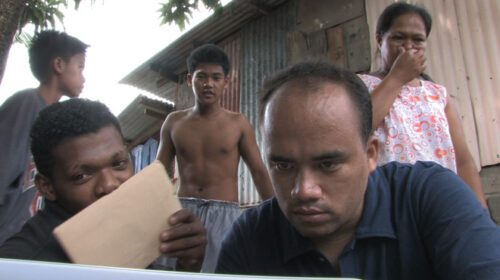Alberto Vendemmiati
Producer/Director
Alberto Vendemmiati is a graduate of the University of Bologna (Theatre, Cinema, and Communication Department) and of Centro Sperimentale di Cinematografia (specializing in film directing). He directed the fiction feature film Cadabra, a few short fiction films, and then moved into making documentaries.
His films include Jung (War) in the Land of the Mujaheddin (2000), co-directed with Fabrizio Lazzaretti, which aired internationally and won numerous awards including the Silver Wolf Award IDFA, the Nestor Almendros Award, the Human Rights Watch International, and the Freedom of Expression Honour by The U.S. National Board of Review; Afghanistan Collateral Damages (2002) aka Kabul Emergency Room or Afghanistan Year 1380, produced and broadcast by PBS, RAI, and aired by Storyville BBC among others; and The person De Leo N. (2005)., which competed at IDFA, Sheffield, Silverdocs-International Documentary Filmfestival Munich, Tel Aviv Documentary Film Festival,and the One World Human Rights Film Festival.




